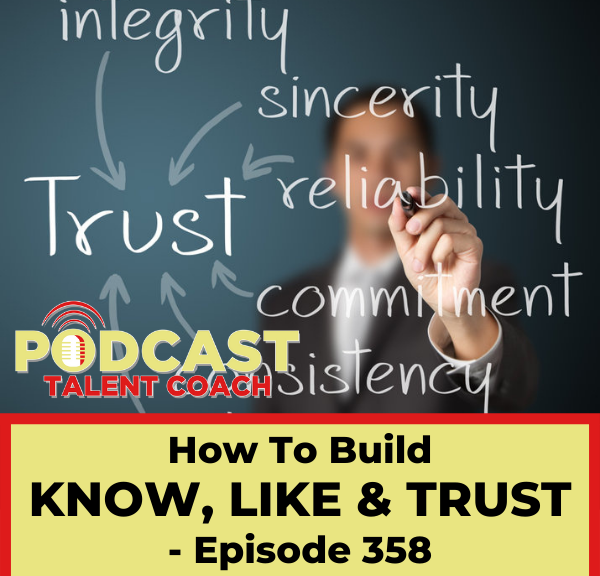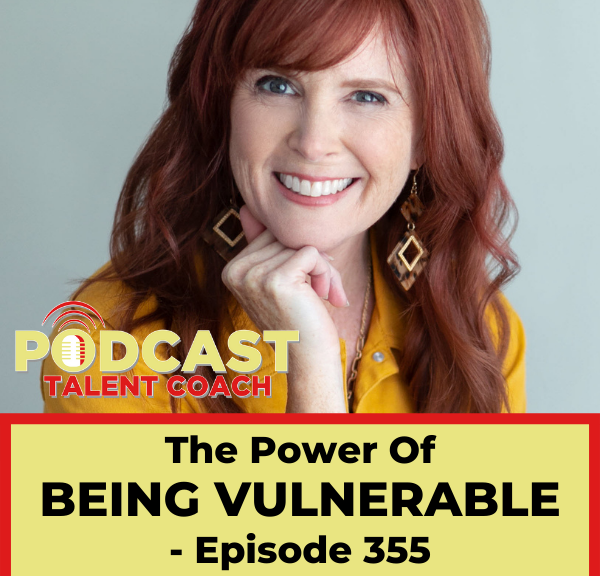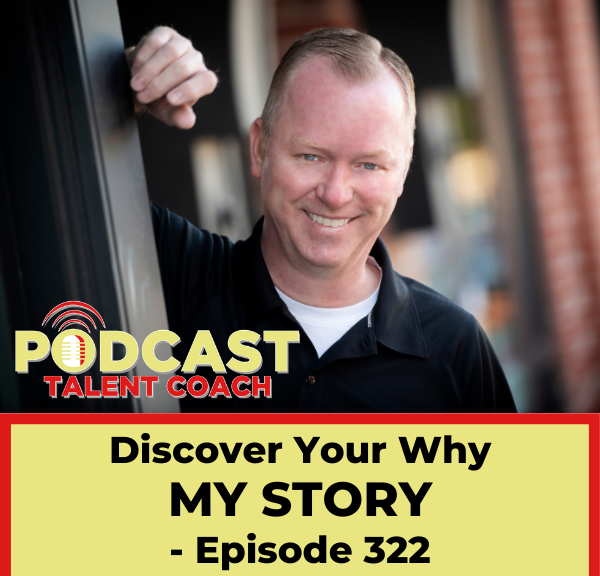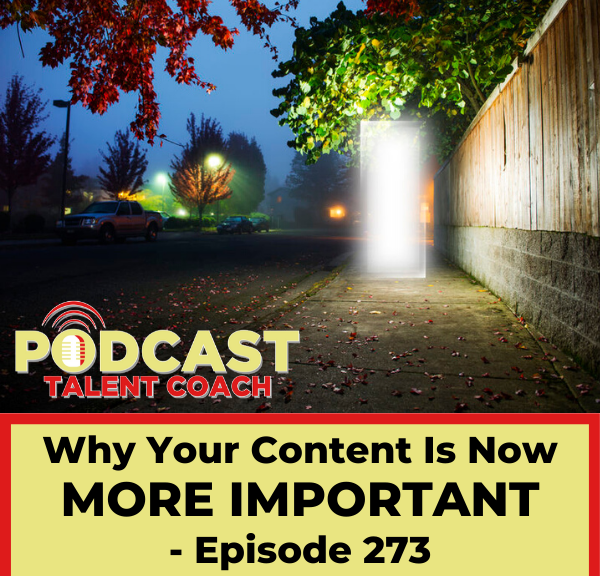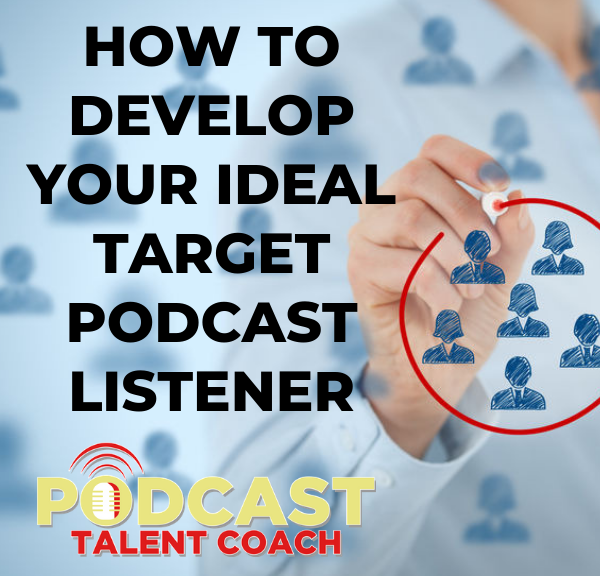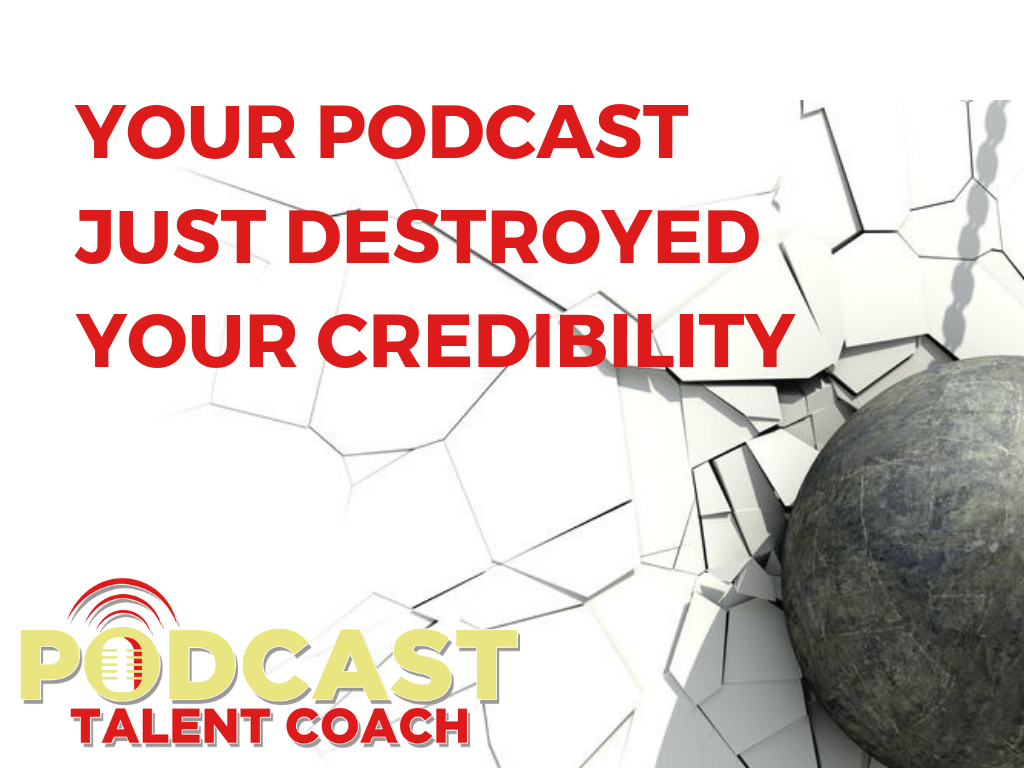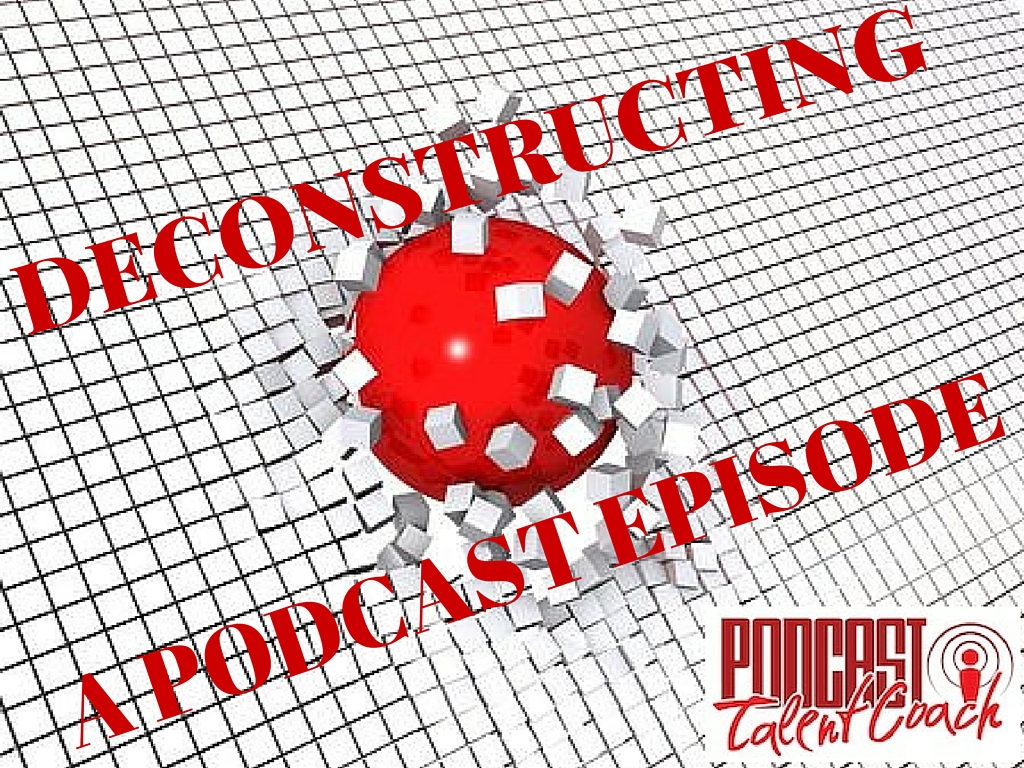Podcast: Play in new window | Download
Subscribe: RSS
To grow your audience and monetize your podcast, you need to build relationships. People do business with those they know, like and trust. That is the definition of relationship.
Today, I want to show you how stories help you build those relationships.
BOOTCAMP
Before we jump into it, I want to invite you to a powerful event that will help you build your podcast monetization strategy.
So many times, we go to webinars hoping to learn something only to find out it is a big sales pitch. We might walk away with one or two ideas after an hour. But we are really only there for the sale.
You have a chance to join me for a 6-hour Podcast Profits Bootcamp where I will put you through the entire process to build your podcast monetization strategy.
During this event, we will build a few ways to monetize your show that are perfect for you. This isn’t one size fits all. It is specific to your show.
You will get a workbook that will help you stay on track as we develop your strategy. During the bootcamp, we walk through the workbook step-by-step.
We will start with your foundation to ensure you are building on solid ground. Then, we will develop your purpose. I’ll show you why most podcasts don’t make money, so you can avoid those pitfalls.
Many people think ads and sponsorships are the way to make money with your show. That is a myth. It is the worst way. Sponsorships require a very large audience and a lot of sales time. Ads also have a revenue ceiling.
I’ll show you a better way during the Podcast Profits Bootcamp. I won’t just show you, we will build it together. We will discuss the various ways you can monetize your show, so you can pick the strategy that is right for you.
Finally, you will have plenty of time to ask me questions to refine your strategy.
This is so much more than a webinar or workshop. It is a bootcamp where we will actually get things done.
Where most webinars last an hour, this is a 6-hour, all day event.
REGISTER
Registration for the Podcast Profits Bootcamp will be $197 for the 6-hour bootcamp, your workbook and your monetization strategy for your show.
Right now, you can enroll for $97 if you act fast. This fast action deal is good until Tuesday, October 19th at Midnight. Enroll now at a great deal and secure your spot. After Tuesday, the price goes to $197 and I’ll start promoting it heavily.
You can enroll at www.PodcastTalentCoach.com/bootcamp.
If you are ready to build your podcast monetization strategy, the Podcast Profits Bootcamp is for you. You’ve spent enough time attending empty webinars and trying to find sponsors. Now is the time to build a real strategy.
Let’s sweeten the deal for you a little more. If you enroll in the Podcast Profits Bootcamp, I will give you my Powerful Podcast Interviews course as my gift.
Powerful interviews are a great way to grow your audience and monetize your show. This course shows you how to leverage your interviews to engage your audience.
In this course, we talk about why we interview, the essential elements of creating unique interviews, the powerful interview questions and how to ask those questions in a way that will engage both your guest and audience. You get it as my gift with your enrollment.
Let’s get you registered for the Podcast Profits Bootcamp. Jump in right now at www.PodcastTalentCoach.com/bootcamp. Save when you register by Tuesday.
FRIENDSHIPS THROUGH TRUST
Now, let’s talk about how you build trust and use it to grow your show and business.
People do business with those they know, like and trust. That is the definition of relationship. This is where friendship begins.
Think about your best friend. How much do you know about that person?
Do you know where they grew up? How about where they went to school? Do you know what they like to eat or something about their unique interests? There are things they haven’t told anyone but you.
That’s how friendships are formed. You probably weren’t there when they were growing up in their gradeschool neighborhood. But, they told you all about it.
Their embarrasing high school stories may not have included you. But, they told you all about it.
The stories go on and on. Your best friend tells you everything. You weren’t there to experience all of the events, but you heard about them.
That is the power of story. Friends share with friends.
Friendships are built by revealing things about yourself. When you reveal things, you show trust. The more you share stories with your listener, the more you build relationships.
ELEMENTS OF STORY
Powerful stories have 4 elements.
The first is your Provocative Point. My radio coach would always ask, “What do you want the audience to laugh at, marvel at or better understand?” That is your Provocative Point.
This is the goal of your story. Make your audience feel something.
Next, you need an Intriguing introduction. This should include your Provocative Point. Tell people where we are going. Nobody wants to get on a bus when they don’t know where it is headed.
When you start with your Provocative Point, your listeners can enjoy the journey. They can enjoy the details.
That is the third element … your Vivid details. When you include vivid details, your story become more believable. Your story stirs emotion. You transport your listener to your specific time and place. The details create images in the theater of the mind.
Finally, end your story with a Powerful Conclusion. Put a period at the end of your story. This should be a quick restatement of your Intriguing Introduction, just like a great speech.
STORY EXAMPLES
Let’s review an example of how story works in your podcast.
Mike Van Pelt is one of my clients. He gave me permission to share these examples from his True Man Podcast. You can find his amazing show at www.TrueManPodcast.com.
His podcast is designed for men who feel stuck in some aspect of their life.
Do you feel you’ve lost control of your goals or the ability to move in a new direction? Do you feel like you are navigating life’s journey on your own when you could really use a guide and a roadmap? That is what the True Man Podcast is all about.
These stories come from Episode 16 The Comeback. This episode is all about writing your comeback story.
When you tell stories, put your listener in the moment. Stir emotions and make them feel something.
STORY ONE
In the first story, Mike talks about his story. He talks about discovering what it means to be a parent. However, he doesn’t put me in the moment.
This story is not very specific. There are not many details. Give it a listen.
(first story)
There are a lot of generalities in this story. He didn’t put me in the moment.
Mike needs to tell me when he decided it was time to go back to school. Put me in that conversation.
Mike tells me he was talking to his kids about the importance of school. He comes to the realization that he was being hipocritical. Put me in that moment.
Where were you? What were you doing? Mike stirs some great emotions. He tells me about being embarrassed. When does the pivot happen?
I want Mike to get to the point where he says, “Then one day I discovered …” or “That’s when … happened.”
Where is the pivot in the story where we see the transformation happen? Put me in that one place and time.
STORY TWO
The second story gets a little closer. Mike talks with his co-host Paul about the starting a men’s group. Here is story two.
(second story)
This story gets a little closer. They meet Friday mornings. The meetings are in Paul’s office. It is 7a. It is Mike and group of guys.
In this story, I am starting to be present in the room. Use those vivid details.
What does the office look like? Where is the pivot point in that story? The story is a little closer to a great story, but not quite where we need to be.
STORY THREE
The third story is much better. This is a story about a specific retreat.
In this story, we are very specific with the details. As you listen to this story, notice how vivid the details become.
As Mike tells the story, you are put right there in the moment. You can see the surroundings. You can feel the emotion of what he is going through. Take a listen to the specific details in this story.
(third story)
I love the specifics in this story. Mike uses all of the senses.
And, check out the details.
They go up to Virginia a couple years ago.
It was very powerful to be around 300-400 guys and spend the weekend in the mountains.
They got to enjoy a focus on God.
It was Saturday morning.
Michael Thompson walked in on Saturday morning.
He was going to play 3 songs.
The second song was by Josh Groban.
These details are very specific. It is one specific point in time.
The first story was very generic. It could have been anywhere at any time.
In this third story, we are talking about one specific Saturday morning, up in the mountains, when he experiences one specific song.
This is what I’m talking about when I talk about putting me in one moment in time. That’s what brings the stories to life and makes them powerful.
Details and senses make the story real and believable. It also builds that relationship with your audience by revealing things about yourself. Mike is building trust with his audience by trusting them with his vulnerability.
PROVOCATIVE POINT
At the end Mike says, “That song took me out. I was almost on my knees. Because I didn’t know that God loved me that intimately. And I didn’t know I could love him back that intimately.”
This statement is the provocative point. It is what Mike wants the listener to better understand. This is where the story should start.
He could have started the story with, “There was one day when I finally realized that I could love God so intimately.” With this intriguing introduction, we know where we are going.
The intriguing introduction could be followed by the story of being at a retreat one Saturday morning. We were up in the mountains with 327 other men.
This is like seeing the trailer for the movie. We know the premise of the story. Now, we get to enjoy the details.
Use stories in your podcast, and you will begin building powerful friendships with your listeners. This is how you build know, like and trust to monetize your podcast.
JOIN US
If you are ready to build your podcast monetization strategy, come join us for the Podcast Profits Bootcamp. You’ve spent enough time attending empty webinars and trying to find sponsors. Now is the time to build a real strategy.
Registration for the Podcast Profits Bootcamp will be $197 for the 6-hour bootcamp, your workbook and your monetization strategy for your show.
Right now, you can enroll for $97 if you act fast. This fast action deal is good until Tuesday, October 19th at Midnight. Enroll now at a great deal and secure your spot. After Tuesday, the price goes to $197 when I’ll start promoting it.
You can enroll at www.PodcastTalentCoach.com/bootcamp.
I’d love to see you there to help you build your strategy. Get in today. We’ll see you there.
